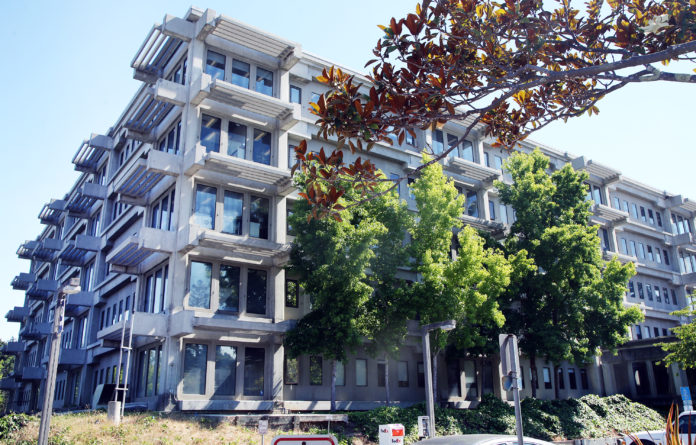Abandoned, wrecked, disabled and inoperable vehicles parked on public roadways in the county’s unincorporated areas have long bedeviled residents—who say they are eyesores—as well as law enforcement officials, who were reluctant to have them towed.
That’s because county ordinance—which allowed towing of abandoned RVs and other vehicles—also required them to be stored for lengthy periods of time before they could be demolished. Tow companies were therefore disinclined to place them in their tow yards, where space is always scarce.
But on Tuesday, the Santa Cruz County Board of Supervisors approved an ordinance that will allow towed vehicles that have been abandoned for more than 72 hours to be towed and destroyed after being stored for 10 days. It also allows them to be stored either in the tow yard or on the street outside.
The ordinance will be considered on Oct. 21 for final approval.
Supervisor Manu Koenig, who sponsored the ordinance with Board Chair Felipe Hernandez, said that some vehicles have been ticketed “tens of times,” while some have been cited as many as 100 times.
Under the ordinance, officials are required to give ample warnings in both Spanish and English, posted on the vehicle and sent to the owner. They are also encouraged to consider long-term solutions such as shelter referrals and counseling services in lieu of arrest when considering a tow, and contacting people who may be living in the vehicles.
“We do need some enforcement capabilities, because ultimately there is no incentive for bad actors to engage with our sheriff’s office and work through those solutions,” Koenig said. “The current program is purely a parking program, and there really hasn’t been any coordination with outreach services to help people experiencing homelessness.”
Sheriff’s Lt. Nick Baldridge said that the intent of the ordinance is not to do a massive sweep and remove all RVs. Instead, it’s to target those that are left stagnant for weeks or months.
Baldridge estimated that about 6-10 vehicles would be subject to the new rules annually.
“It’s to actually have a leverage point so we can try and get cooperation into finding solutions,” he said. “Right now, because people know that we have an inability to tow RVs, they’re less involved in any sort of outreach that we’re doing or any sort of contacts we’re doing.”
The ordinance was approved 4-1, with Justin Cummings dissenting. He said he was concerned that it does not distinguish between RVs and smaller vehicles, and that people that own them could be adversely affected.
But Koenig said that those vehicles were not separated in the previous code, and that doing so could complicate the issue.
The supervisors also directed the County’s Housing for Health staff to coordinate with City of Santa Cruz staff to engage with participants in the City’s Safe Parking Program, to connect them with existing housing-related supportive services resources.
Homeless Services Director Robert Ratner said the county currently has a safe parking program with the Association of Faith Communities, which offers 60 spots countywide.









